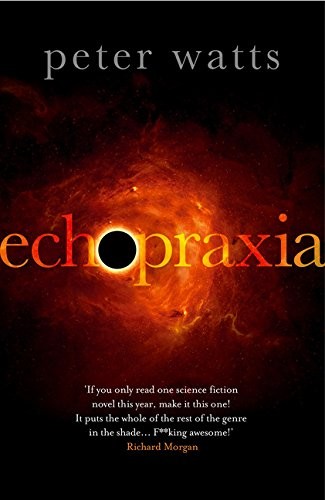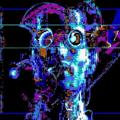Ben Harris-Roxas reviewed Echopraxia by Peter Watts (Firefall, #2)
If you like ideas more than… writing… this may be for you!
2 stars
I continued on to this after reading Blindsight, because even though I didn't love it I had some enduring questions. An error on my part. There were more deliberate ambiguities than plot points in this book.
I won't provide a plot précis. This has some compelling concepts and big ideas, but was frankly a mess. Characters' motivations remain inexplicable even at the end of the book.
Amusingly this AMA with the author seems to boil down to "you're reading it wrong". Authors, please get over yourselves.
I continued on to this after reading Blindsight, because even though I didn't love it I had some enduring questions. An error on my part. There were more deliberate ambiguities than plot points in this book.
I won't provide a plot précis. This has some compelling concepts and big ideas, but was frankly a mess. Characters' motivations remain inexplicable even at the end of the book.
Amusingly this AMA with the author seems to boil down to "you're reading it wrong". Authors, please get over yourselves.




